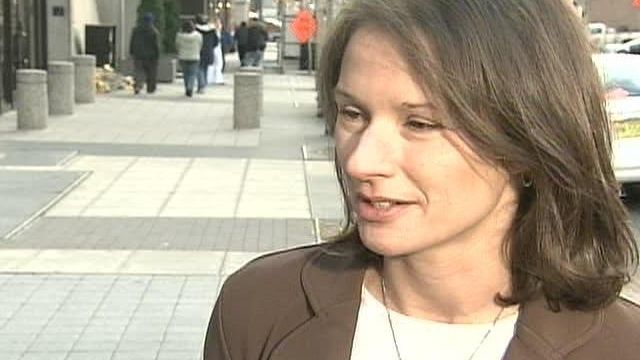State Must Satisfy Judge to Keep Executions on Schedule
A Wake County judge gave the state until Thursday morning to come up with a protocol for carrying out the death penalty without physicians present.
Posted — UpdatedJudge Donald W. Stephens told the state on Wednesday that he will grant attorneys for three inmates an injunction if he is not satisfied that the state can carry out a death sentence without the presence of a doctor.
"We asked the court to look at that and to grant an injunction to give us some time to look at those questions, since one of those injections is scheduled for less than 48 hours, said Ann Groninger, the attorney for Thomas.
Stephens said he wants Easley and the Council of State to tell him whether an execution can be done without a doctor.
"Unless the governor and the Council of State have found that qualified personnel is not required — the participation by a licensed physician — this court cannot approve an execution," Stephens said.State House minority leader Paul Stam says the current law should take precedent over any medical board policy.
"The medical society can't trump the decision of the elected members of the assembly who have decided that that is the appropriate punishment for premeditated deliberate murder," Stam said.
Defense attorneys are also arguing that the state's lethal injection method of execution is cruel and unusual. If the drugs are not administered properly, the inmate will experience excruciating pain, they say.
Their complaint also cites a recent decision by Florida Gov. Jeb Bush to put all executions on hold after a botched execution there. It says eight other states halted executions to review the lethal injection process.
• Credits
Copyright 2024 by Capitol Broadcasting Company. All rights reserved. This material may not be published, broadcast, rewritten or redistributed.






